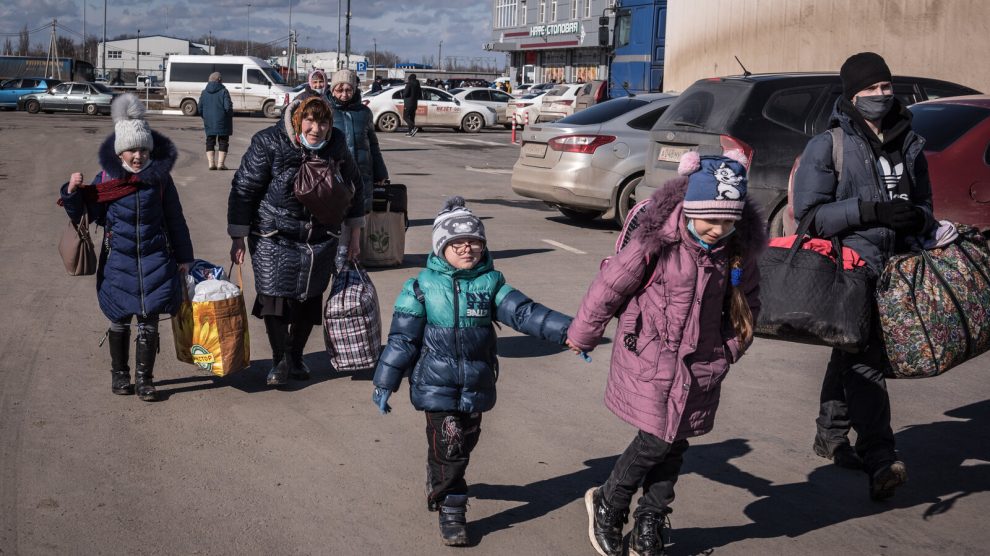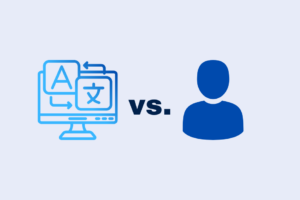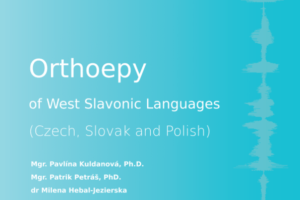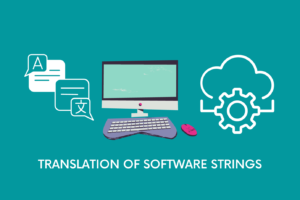Although we at ASAP-translation.com are not war translators in the true sense of the word, we try to help even the difficult times we have here today. Just recently, we made the first translation in connection with the war in Ukraine. These were specifically electronic documents for the British authorities and the girls Margaret and Victoria. They managed to escape from Ukraine at the last minute. As part of our solidarity with the people of Ukraine, as well as translators from the Ukrainian region, we have decided not to charge them for the translation service.
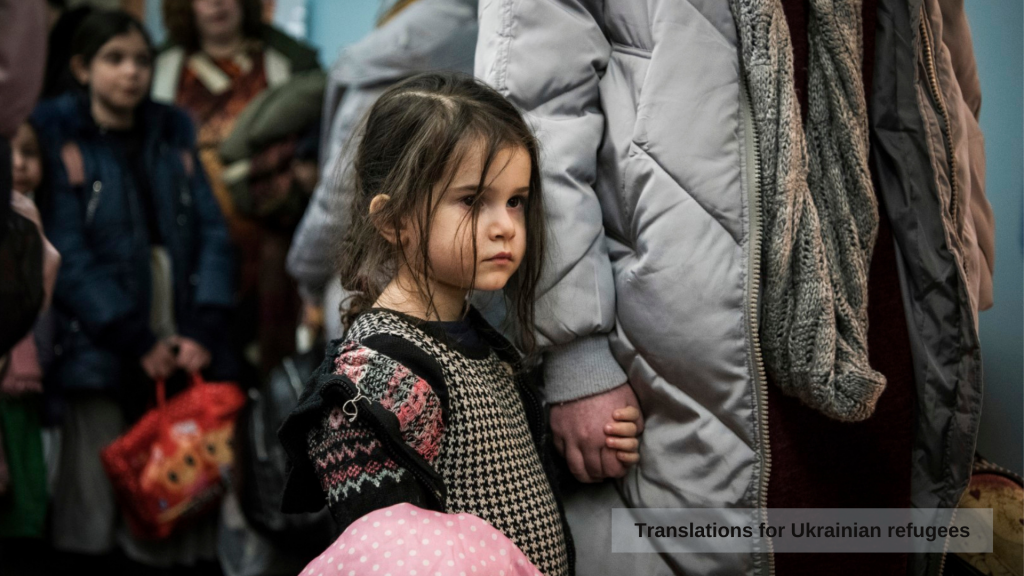
Translators in the War Zones
Although we are translating primarily online, not every translator has the opportunity to translate from the “comfort of home”. Translators and interpreters play a very important role in war conflicts. They become war translators. War translators are often a forgotten, but vital part of news coverage.
Their role developed in the 20th and early 21st century and became increasingly important in a world facing the challenges of terrorism and complicated international relations. Today, we need their skills more than ever before, but the work of war translators goes beyond what most people imagine. It’s clear that the role of translators has evolved and changed significantly over the last century, but their importance for national security and defense has never been more critical. An example is a war in Yugoslavia (1991-1992), when European authorities collected testimonies from people, civilians and the military, on and near the front lines, in order to bring peace. This body required translators who could translate oral testimony into English. The translations took place in the front line of this ongoing conflict. They were performed mainly by native Croatian translators, who performed this activity voluntarily.
As we know, after the capitulation of Germany in May 1945, the war in the Pacific against Japan continued. It was here that a joint US-Australian intelligence group intercepted the Japanese administration and gathered evidence of Japanese war crimes. The translators worked with the soldiers on the front line, where they joined the army. Unfortunately, as a result of several operations, 17 war translators died during the fighting.
War translators working in Japan also took an active part in interrogating prisoners in an effort to obtain further military intelligence. Their most significant contribution was the acquisition and translation of “Operation Z”. It was a Japanese plan to force the Allied army into a devastating and decisive naval battle that would force a peace settlement. Currently, the world’s largest employer (not only) of war translators is the US, which covers translators mainly through its various news agencies. It hires experienced linguists who are able not only to translate but also to read the nuances in the voice of the vast amount of intercepted communication to which they now have access in the world after 9/11.
The importance of translators
One of the most challenging aspects of the interpreting profession is to remain impartial and objective to ensure that communication remains exclusively between the speaker and the listener. Although professional linguists are heavily trained in ethical responsibility, impartiality, and professional distance, it can sometimes be challenging to remain impartial, especially in complex conversations. This is especially true when the reports are about a very emotional topic, such as the Russian invasion of Ukraine last week, or the invasion of the Germans or the Japanese.
Translators play an important role in negotiating importance between partners in social and political processes. Although, their social and interaction status is almost always conditioned by stronger players. However, despite the fact that they stand out from behind, their work is irreplaceable and beneficial. Not only to maintain peace, but also to obtain relevant and truthful information directly from the field.
Machine Translation Disclaimer
This translation is generated by a fully automated machine translation tool to give you a basic idea of the content in a language you understand. There was no human intervention, and the provider neither guarantees the accuracy nor accepts liability for possible errors.
See also the legal notice.
If you have any questions about the accuracy of the information presented in the translated version of the website, please refer to the official version (Slovak) of the text or use professional translation services.

















